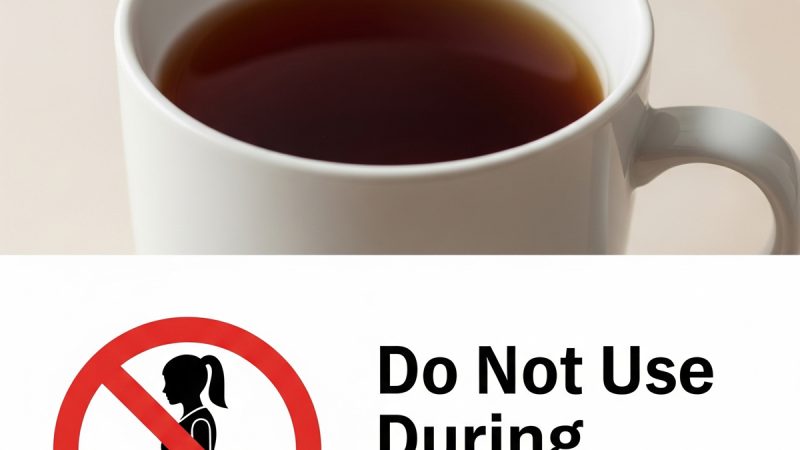Sleep and Weight Loss

Q: Is it true that getting more sleep could help me lose weight?
A: If you are already getting adequate sleep (six, seven or up to eight hours a night), getting more sleep is unlikely to help you lose weight. However, if like many people you are currently getting too little sleep, more shut-eye might help. A 2008 analysis of studies found that adults who get less than six hours of sleep are about 55 percent more likely to be obese. These associations can’t prove that lack of sleep is what caused excess weight. Yet several studies that followed people for ten to twenty years do link getting less than six or seven hours of sleep a night with greater likelihood of weight gain. Short-term trials tie lack of sleep to changes in hormones that control appetite and to greater perception of hunger. In one recent study, sleep deprivation produced changes in brain activity in the “reward center,” which could explain links between lack of sleep and preference for sweets and other high-calorie foods.
If too little sleep leaves you too tired to be physically active, or more likely to turn to sweets and other foods to perk up your energy, it could increase the calories you consume and decrease calories burned, thus leading to weight gain. On a practical basis, if you stay up late, then more time awake means more time available for eating. Note that it’s getting the right amount of sleep that supports healthy weight. In a study of more than 120,000 people, getting more than eight hours of sleep a night was also linked to long-term weight gain. These links, while important, were small compared to links with changes in eating and physical activity. In other words, keep your focus on healthy habits overall. Get the sleep you need to live a lifestyle that supports health, including a healthy weight.
The Author:
The American Institute for Cancer Research (AICR) is the cancer charity that fosters research on the relationship of nutrition, physical activity and weight management to cancer risk, interprets the scientific literature and educates the public about the results. It has contributed over $100 million for innovative research conducted at universities, hospitals and research centers across the country. AICR has published two landmark reports that interpret the accumulated research in the field, and is committed to a process of continuous review. AICR also provides a wide range of educational programs to help millions of Americans learn to make dietary changes for lower cancer risk. Its award-winning New American Plate program is presented in brochures, seminars and on its website, http://www.aicr.org. AICR is a member of the World Cancer Research Fund International.









Avoid foods and drinks high in sugar and caffeine. Avoid alcohol as well; it can feel sedating, but it actually disrupts sleep.Set standard bedtimes and wake times that allow for 8 to 9 hours of sleep. Each evening, prepare yourself for sleep: Take a bath, read a meditation book, or listen to relaxing music. Also, make sure your bedroom is dark, cool, and quiet.
Sleep disorder are the most common concern today. It happens when you have trouble falling asleep or staying asleep or do not feel refreshed in the morning even though you had the opportunity to get a full night of sleep. The causes, symptom and severity of sleeplessness vary from person to person. These are some good night’s sleeping tips which can give you a sound sleep.